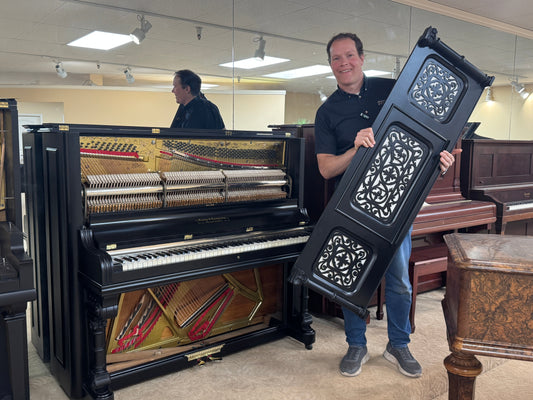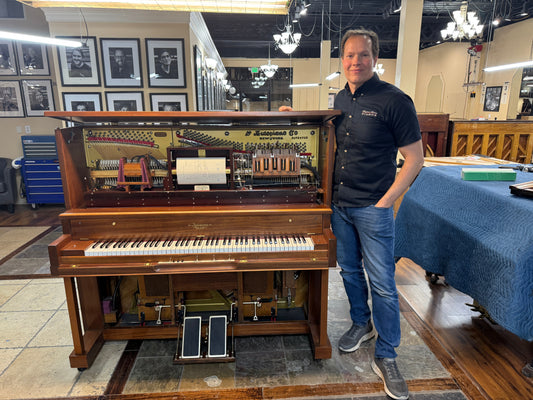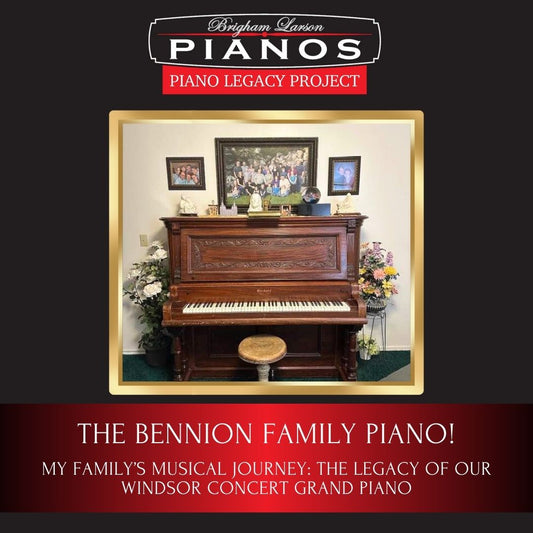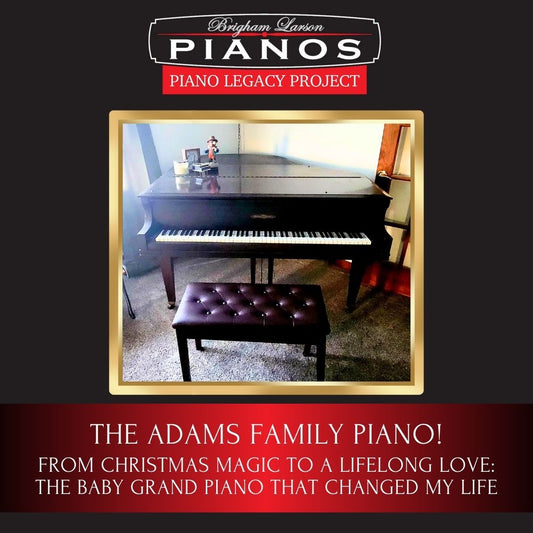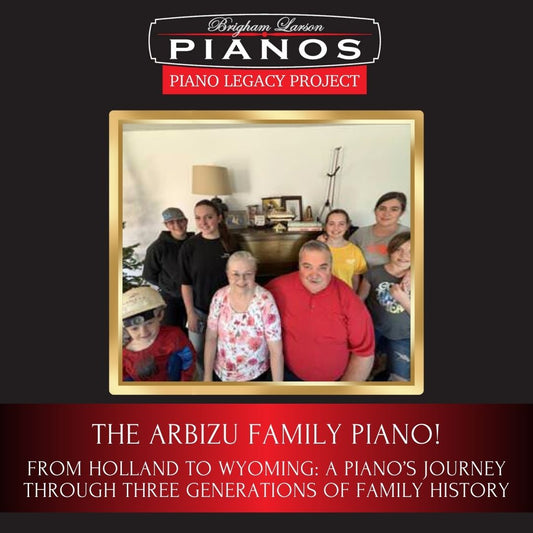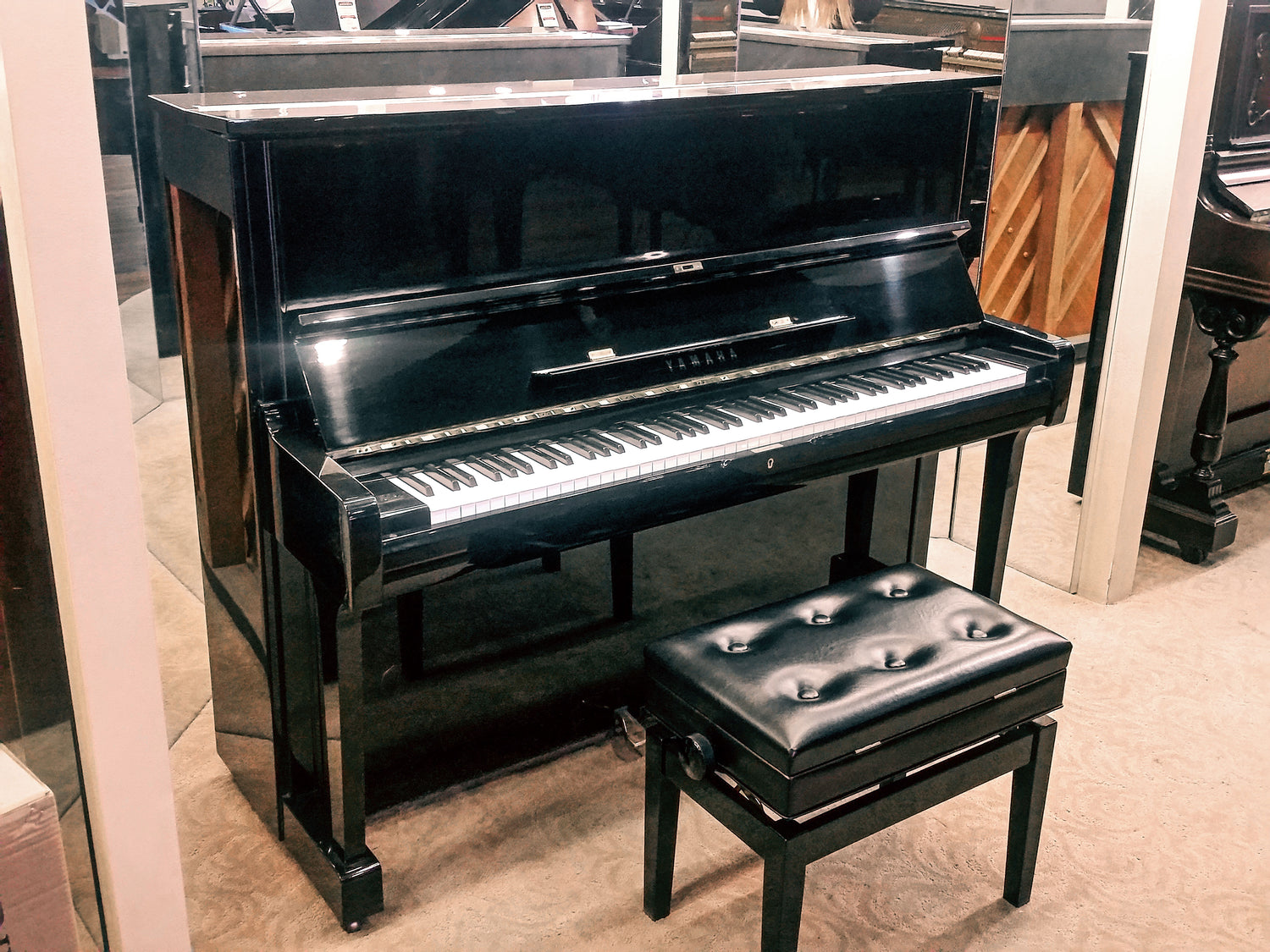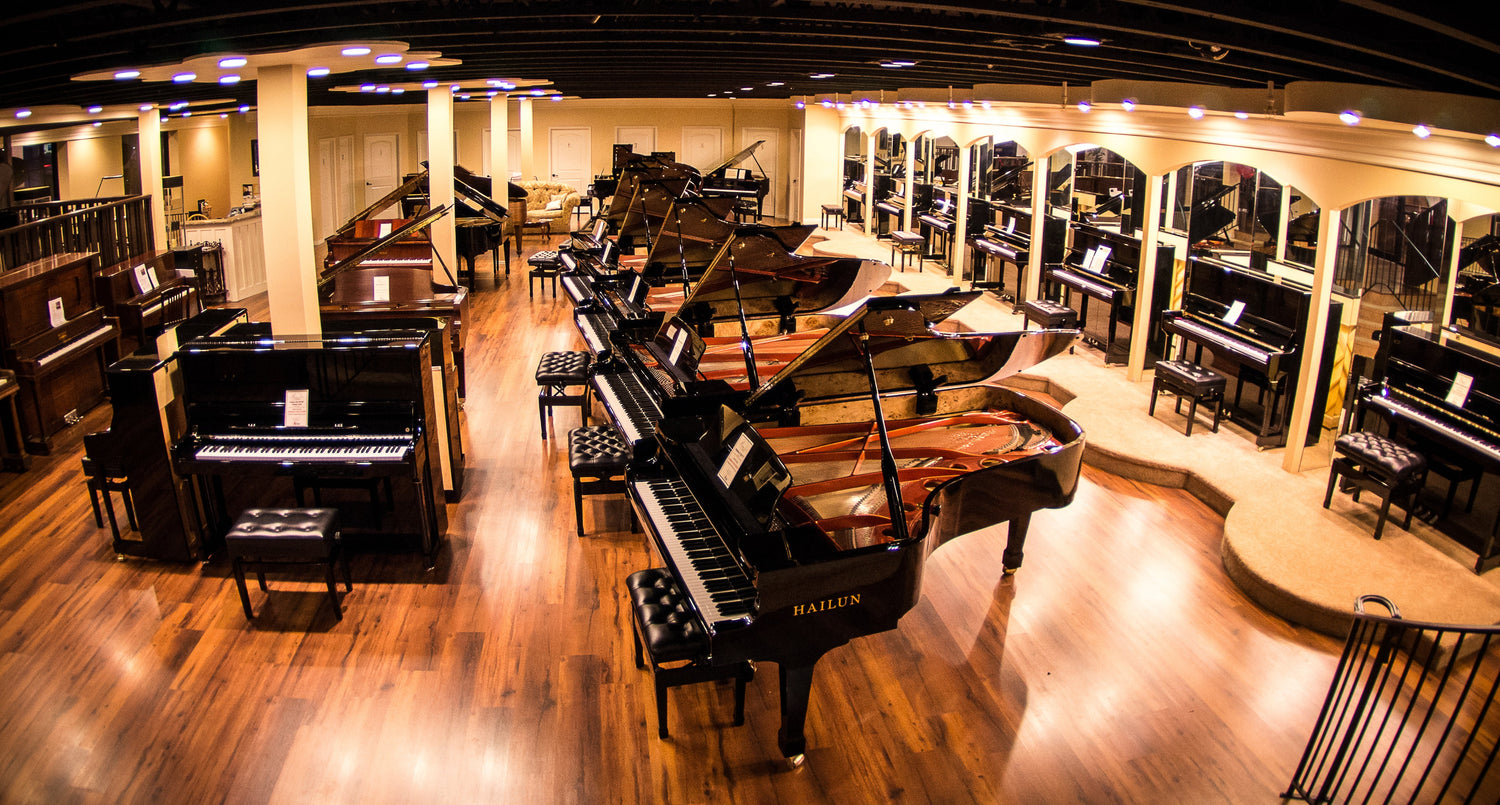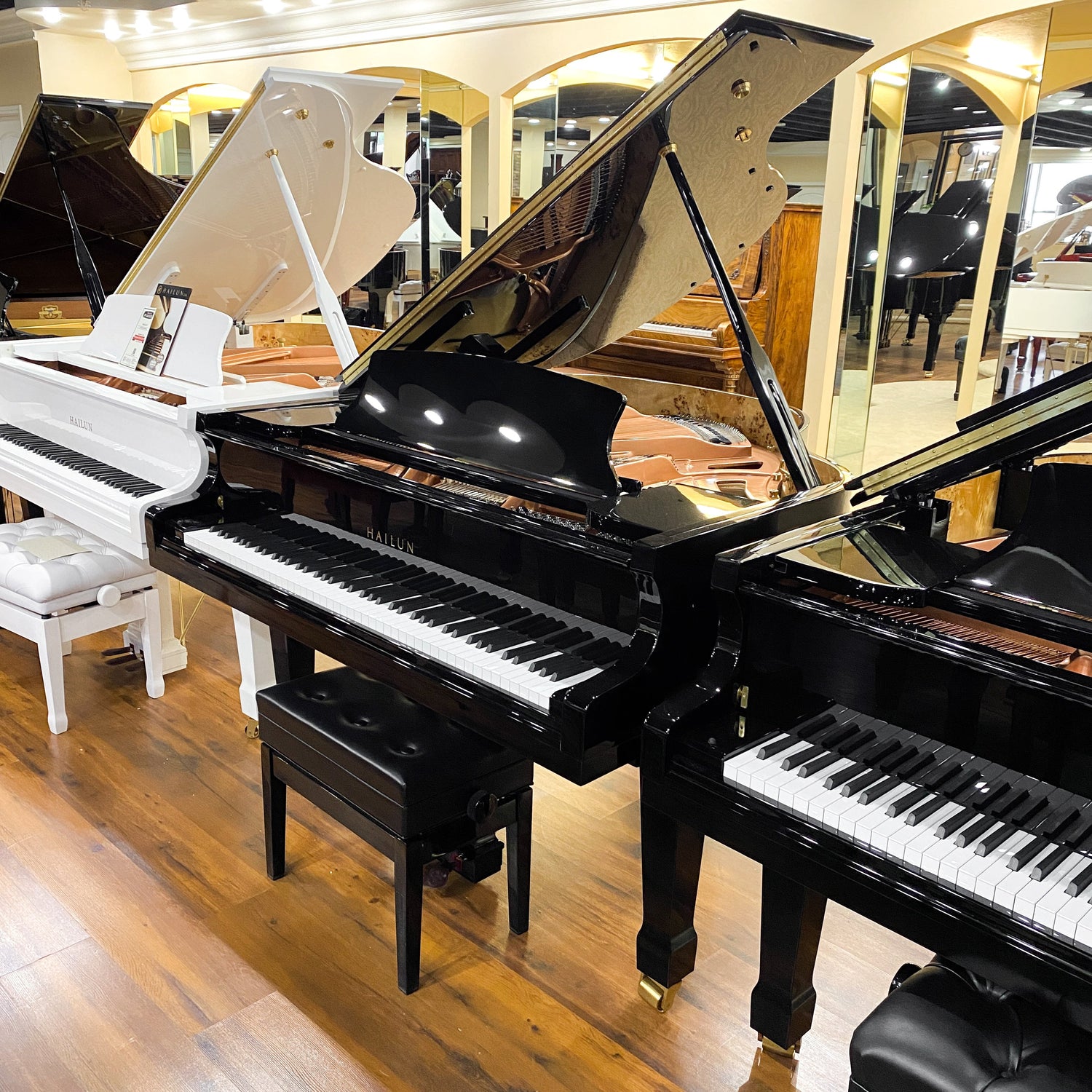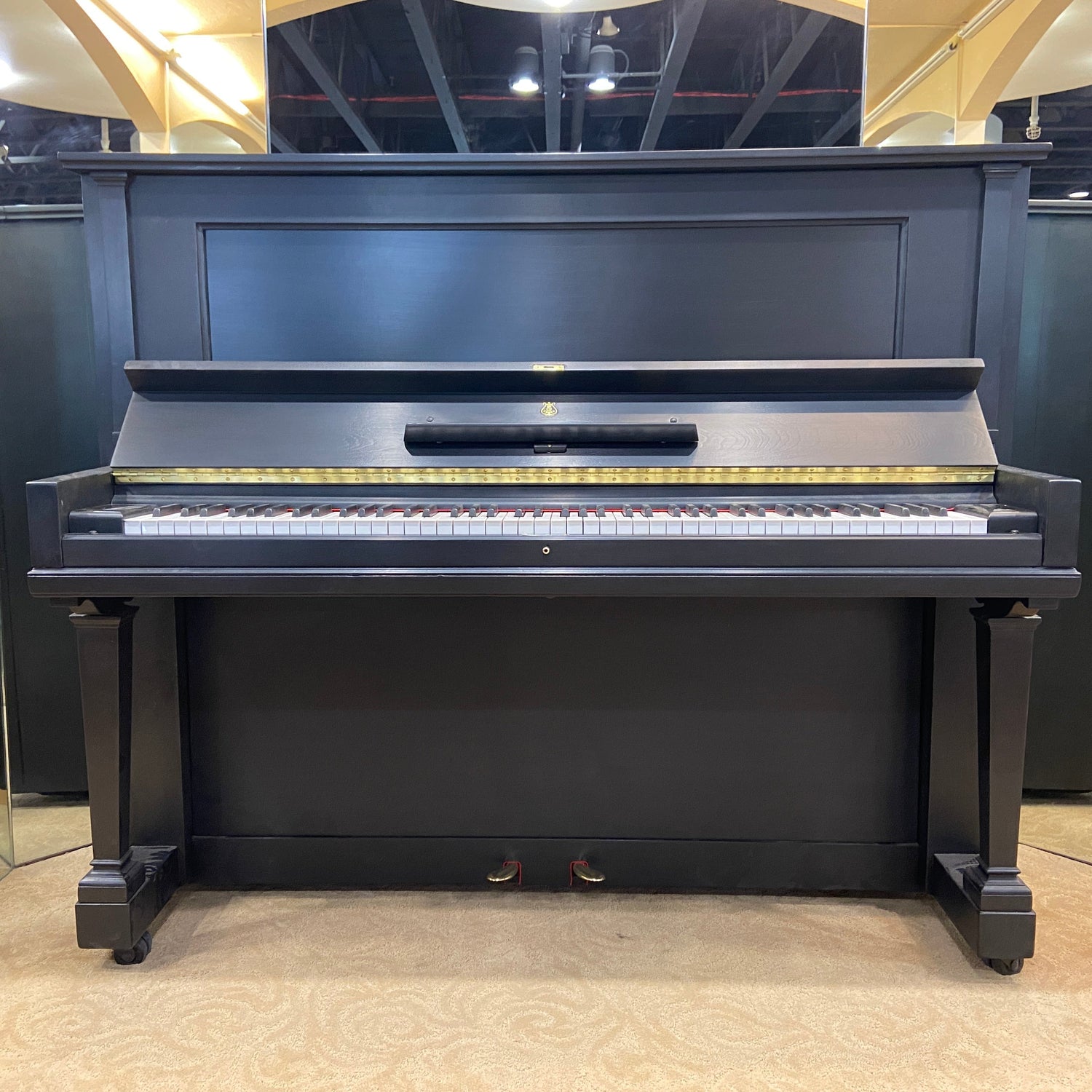
Recital Etiquette
Karmel LarsonShare
As we quickly approach our next Piano Academy recitals this Saturday, I thought a quick post on recital etiquette might be helpful. Since piano recitals are very different from your average pop concert, it can be tricky to know how to act at one. Many people are unsure when they should clap or if shouting or whistling is appropriate.
Generally, recitals are a bit toned-down from pop concerts. The audience usually stays seated and claps between pieces, but cheering and whistling do not usually occur. If the audience is extremely moved by the performance, they may rise and give the performer a standing ovation, signaling how much the performance touched them.
As for the question of when to clap, a quick reference to your program will help. If the performer wishes to group certain pieces together and plans to play them without audience applause in between, he or she will group those pieces a little more closely together on the page. Sometimes the performer will even label each set to make it very clear that he or she intends to play those pieces without applause in between. At our recitals, most students play only one piece, so the audience should clap at the end of each piece to show appreciation for each performer. However, a few students choose to perform more than one piece, and they will play their pieces back-to-back without applause in between.
Generally, if a performer is playing a piece that has several movements (large, complete-sounding sections that could stand alone but are part of one, larger piece), such as a sonata, the audience should hold their applause until the conclusion of the final movement. Often, experienced performers will signal to the audience that they are done and the audience can clap by taking their hands off the keys with an air of finality, looking and smiling at the audience, and standing up and bowing.
Audience members should silence their electronics before the recital begins, and they should refrain from using their devices and from talking to one another throughout the performance. Other performers should be attentive and respectful to whomever is currently playing as they wait in the audience for their turn to perform.
I'm so excited for our students to perform this weekend, and I hope this information on recital etiquette is helpful for any planning on attending our recitals or any other recitals in the future.


